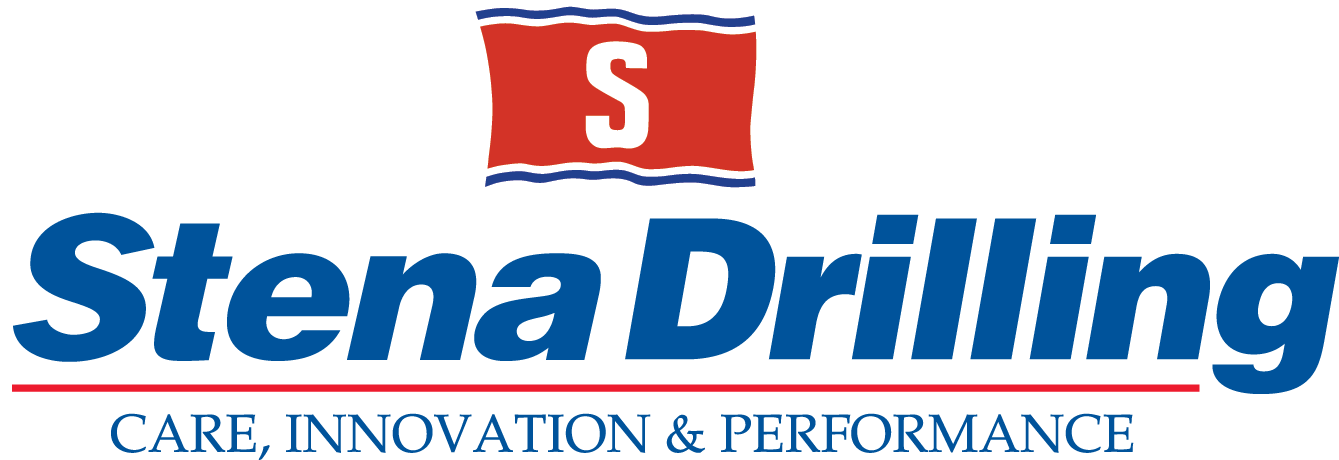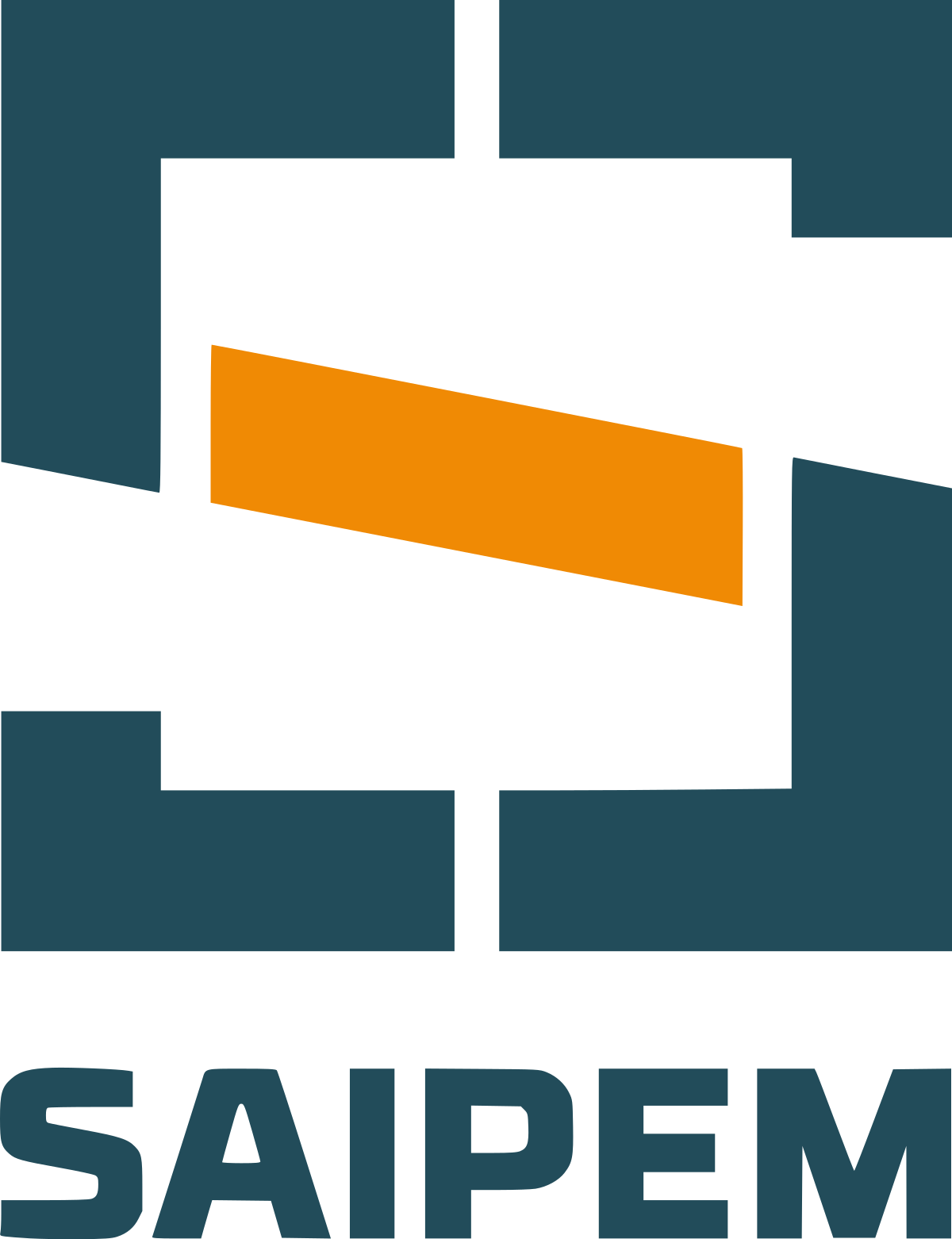Leadership Development Workshops
OUTLINE OF LEADERSHIP DEVELOPMENT WORKSHOPS
We offer a wide range of workshops suitable for a wide range of people: from your new graduates, future managers through to your most senior managers and executive team.
Our approach is underpinned by a focus on ensuring you see change back in the workplace after the training, that your people have a better understanding of who they are as managers, the impact that they have on others, and are more resilient and better able to lead in their current roles or future roles.
We offer the workshops as standalone, as well as programmes of development, and they can be ILM recognised (City & Guilds).
Everything is focused on achieving sustained change once your people return to their roles while leaving them feeling motivated, energised and better able to lead.


This Leadership Development Workshop is for anyone involved in chairing or participating in effective meetings. It looks at what meetings can achieve, roles and responsibilities, expected behaviours, and looks at the 4 P’s – purpose (outcomes), process (approach), people (involvement) and product (actions). The outcome of the workshop can result in agreements made by the group on meeting guidelines moving forward within the company.

This Leadership Development Workshop is aimed at people who deal with minor projects with an emphasis on understanding the following: Defining a project, core competencies to manage effectively, key stages for a successful project, tools and techniques, and finishing with a practical exercise planning out 5S (lean manufacturing) actions for a scenario given to them. This course would not suit anyone involved in Capex projects or are managing major projects where software and more in-depth systems are required.

This course is suitable for anyone who has some control over their time and the opportunity to use delegation within their role to enhance the team. This course involves pre-course work which is then used to analyse and improve on their own time logs throughout the workshop and see where improvements can be made. It covers: activity traps, time thieves, procrastination, prioritisation, dealing with distractions and effective delegation.

This Leadership Development Workshop is for managers who need to focus on how team dynamics can improve and what makes a high performing team. It covers Belbin roles and looks at their own strengths and weaknesses in this respect. It looks briefly at goals and objectives and the importance of communication in this area, as well as how their own body language and approach can make a difference.

This workshop is suitable for anyone who is responsible for the coaching or mentoring of others. It looks at the traits of a coach as well as the difference between mentoring and coaching and the skills needed for each. It looks at how people become competent and the role of the coach / mentor in this respect. It looks at identifying individual needs as well as individual learning styles. The role of the mentor and mentee is also covered as well as example template forms which might be useful to record meetings with the mentee.

This workshop is for leaders where they have a team behind them. It covers the key essentials of leadership and motivation: the importance of vision and creating a common sense of purpose, effective communication and scoring themselves, and looking at areas of improvement, flexible leadership and improvements required to motivate their teams.

We build emotional intelligence into our workshops particularly in Effective Leadership.
We also can provide this as an individual workshop and we cover areas including:
- What is Emotional Intelligence?
- Why is it essential for effective leadership?
- What are the signs of those lacking emotional intelligence?
- Leadership Competencies – Key areas of emotional intelligence
- How can we improve?
We would discuss with you the main areas to focus and look at whether we need to build in anything else to the workshop.

This Leadership Development Workshop looks at the sources and signs of conflict and how conflict can be minimised within the workplace. It looks at how to handle conflict situations and also deal with difficult conversations, and also how best to negotiate.

This workshop is very much tailored to the company. It looks at development planning and performance management building in the company appraisal paperwork and processes throughout the workshops. It looks at before, during and after the performance review and the need for continual daily performance management and not just performance review.

We have a range of workshops designed for different levels of management as well as those in operational (non-management roles).
For leaders, we look at:
- Human aspect of leading change
- Managing change and resistance to change
- Planning change and clarifying objectives
We link these, where possible, to a leading change project that can be delivered by the learners for your business.

This workshop focuses on the 5S system of lean manufacturing with the goal of improving workplace efficiency and eliminating waste.
We focus on the core principles of 5S to create and maintain:
- Visual order
- Organization
- Cleanliness
- Standardization
During the workshop, we give each team a task to complete giving them the opportunity to better understand and apply these core principles.

This is a broad topic. Within this topic, we can cover a range of subjects including:
- The role of the team leader
- The communication process
- Communication in groups, to individuals and in meetings
- Other methods of communication
- Barriers to communication
- Listening skills and speaking skills.

We focus on your organisation’s vision, values, culture and goals, and the leaders’ role in driving this through your organisation. We also work with your leaders through their understanding of all of these aspects, aligning this to your organisation and then addressing:
- How their activities and roles fit into this
- What they can do to enable their teams to align to the vision, values, culture and goals
- How to support their teams to achieve these goals, and the link between the organisation’s goals and the team or individuals SMART objectives
- The leaders influence and the impact of their interpersonal and communication skills on making this all happen
- Barriers that they might face and how to overcome these

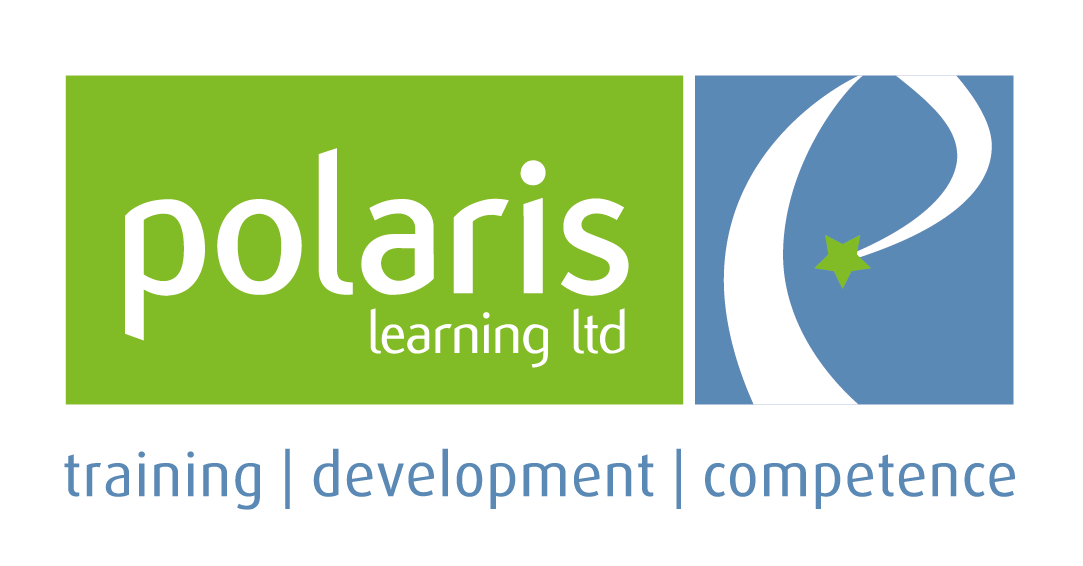
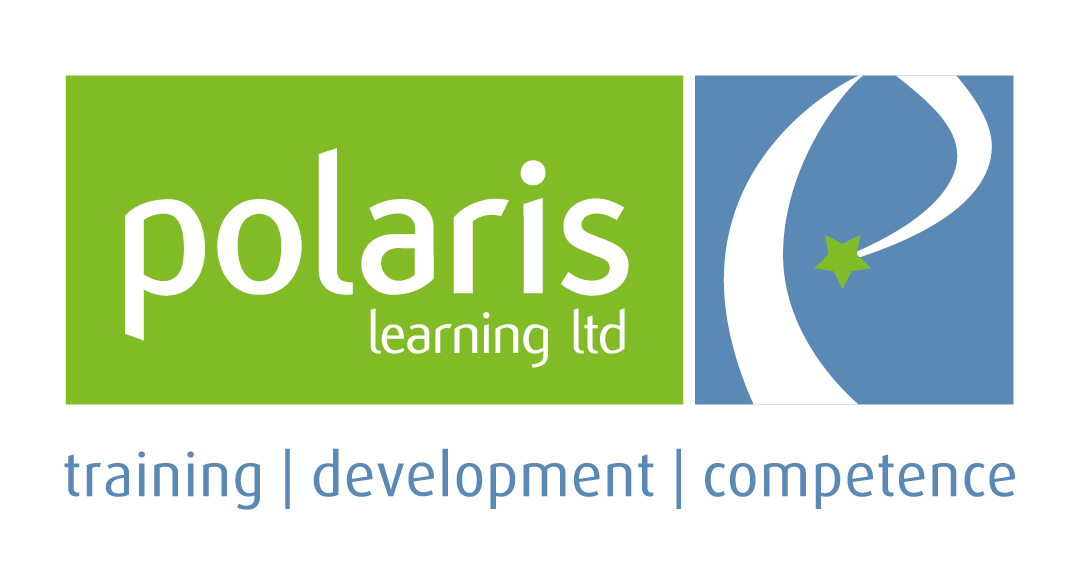
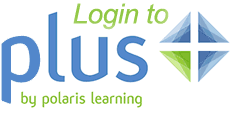
 Well Operations Audit of Supply Chain
Well Operations Audit of Supply Chain Revision and roll out of CMS
Revision and roll out of CMS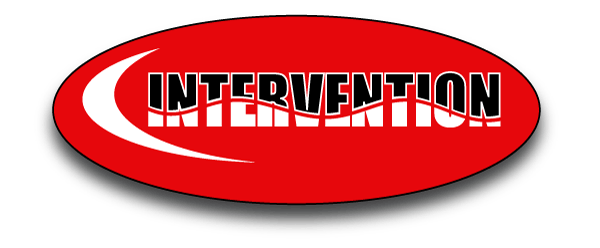 Set up and Hosting of Organisations CMS
Set up and Hosting of Organisations CMS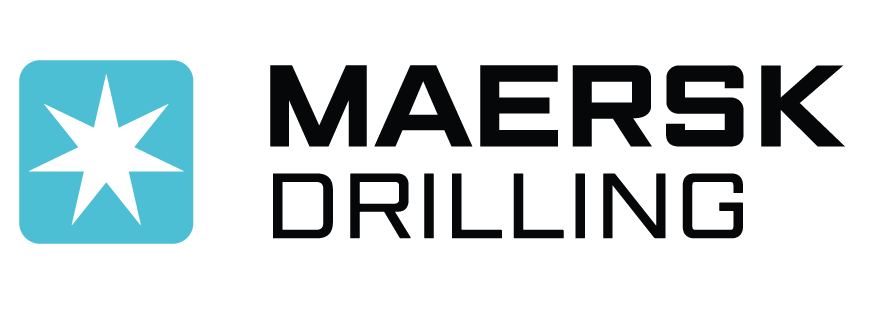
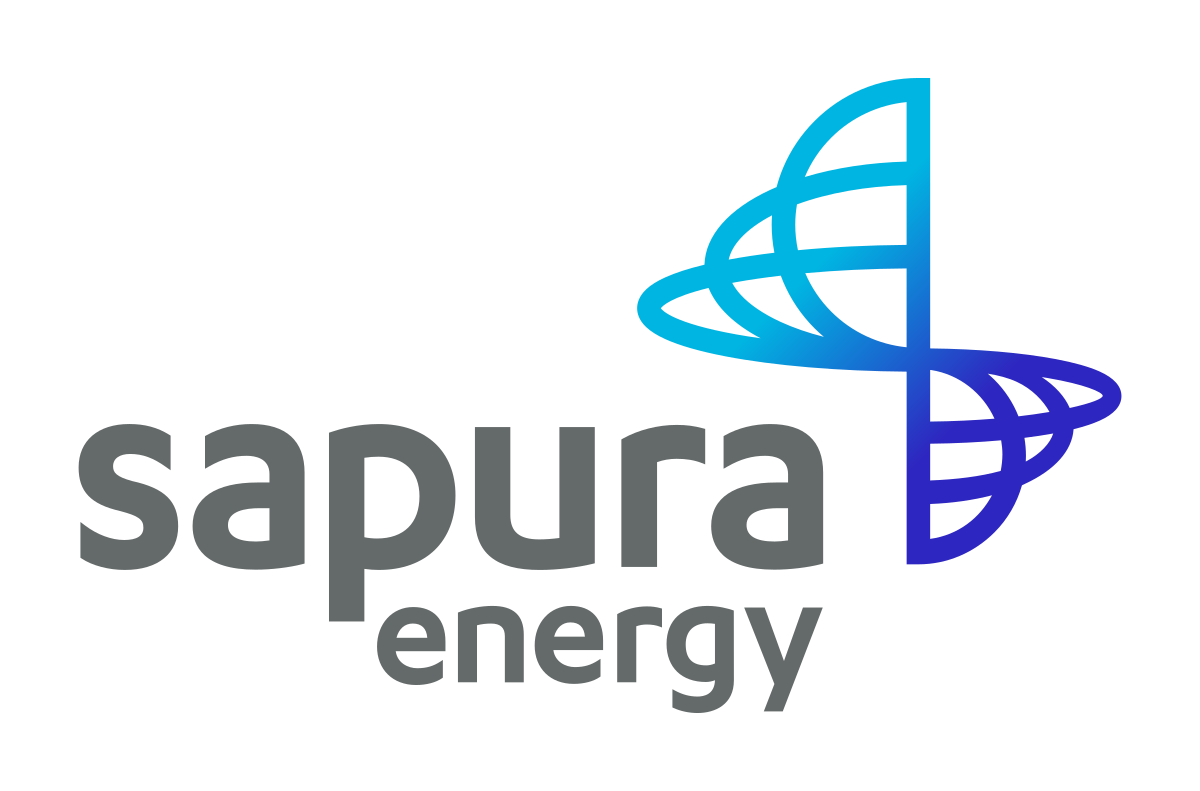
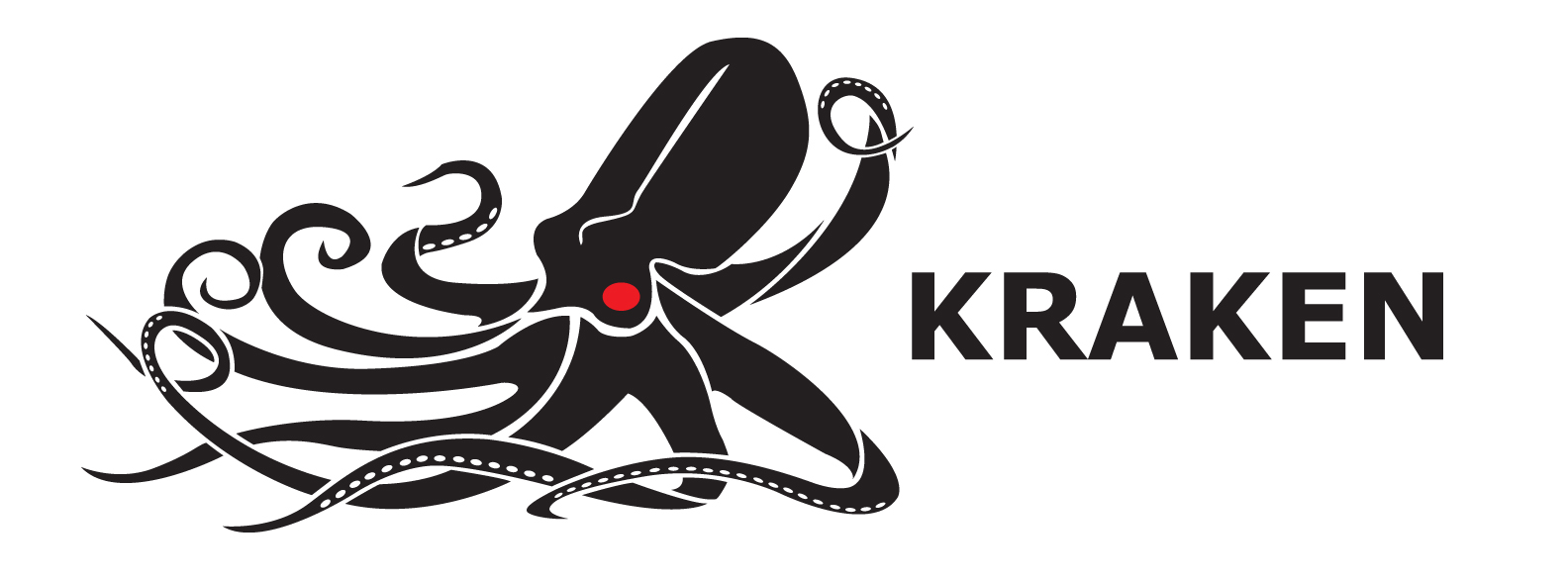 Integrated LMS and CMS
Integrated LMS and CMS